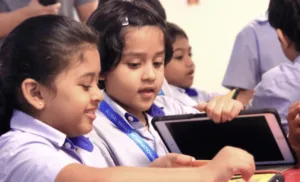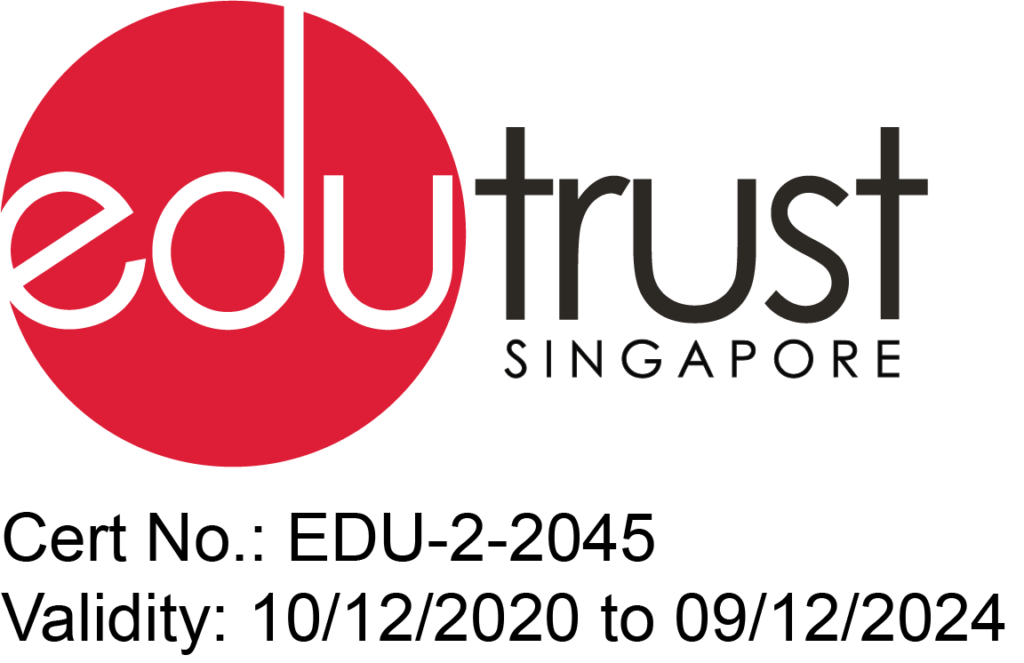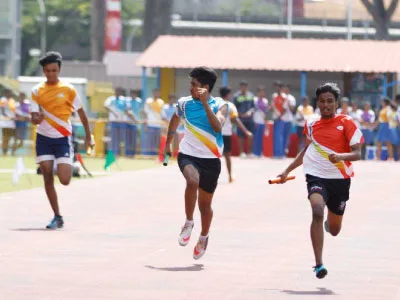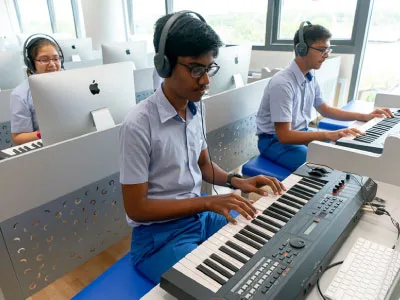Not all kids find it easy to ask for help. The shift to e-classes has made it even harder for many students to reach out to their teachers and seek out assistance. If you’re running into the same trouble and are not quite sure how to ask for help, here are a few suggestions that you should keep in mind.
1. Know that it’s Okay
One of the most important things that students have to know is that it’s all right to ask for help. When you’re in doubt, or you’re not sure if you understood the instructions correctly, ask your teacher for clarifications. It’s better to ask and find out the answer than have to wonder if you’re doing the assignment wrong or if you’re making a mistake. Train yourself to get help when you need to.
2. Ask Early
Don’t wait until you’re just about to hand over the assignment the next day before you ask about anything. In Indian or international schools like GIIS Singapore, teachers advise that children ask for advice as soon as they encounter confusion. If you’re shy about asking a question, then you can send a private message to your teacher. That way, you can clarify a guideline or send follow-up questions.
3. Ask in Class
If you can, try asking the question while you’re in class. That’s because some of your classmates might be confused, too. They might have the same questions, or they might require clarification, as well. You might not be the only one in the dark. By asking a question in class, you could get everyone else to follow. Someone might ask a question that you haven’t thought about but will. That just saved you the trouble. You also gain a better understanding of the instructions. You and the others could even discuss that after class.
4. Know what you Need
Your teacher’s lecture or lesson aren’t the only ones that elicit questions. What if you’ve been reading through your books or going through the pre recorded lecture and find yourself unable to proceed further because you can’t understand the material? Identify what you need help with. Make it crystal clear. You can write it down along with any other questions you have. If you’re working on a paper or project and there’s something you don’t understand, pinpoint which areas you need help with. Isolate the instances or points where the process becomes unclear to you.
5. Do your Homework
Before you ask for help:
● Try to resolve the problem on your own – If it’s with a lesson or assignment, the internet offers plenty of resources.
● Check out alternative resources or review materials – If the explanation in your books isn’t getting through to you, other materials might articulate the thought in a way that’s much easier for you to understand.
● Explore other learning materials – If that still doesn’t work, then move on to the next suggestion on this list.
6. Know Who to Ask
Your teacher isn’t the only one you can ask for help. Think about your classmates or friends from other classes. Are they working on the same project? Reach out to them for tips and advice, then. They could help you navigate through the process or give you that much-needed clarification. If you have seniors or know someone who might be able to help you, give them a call. They could save you the time and trouble of having to reach out to your busy instructor.
7. Respect Their Time
This is one crucial lesson when you ask for help. Many students think asking for help is just about sending a question, and getting the answer you need. It’s not. Let’s go back to why many students hesitate when they need to ask their teacher for help. Are they scared? Do they feel like asking a question makes them stupid? Does it make them feel like they don’t understand the lesson? These are some of the most common reasons why some students don’t like asking for help. But there’s also another reason: they are fully aware and mindful of what they ask for. That means they know that asking for help is an imposition on their teacher’s time. That is the lesson you need to learn, as well. When someone answers you or takes the time to go over the process with you, that is the time and effort they spend on you, taking them away from their work and responsibilities. That’s why it’s essential to do your homework. Find out if there are any alternative means to understand the material. If that recourse fails, then you know that you’ve tried. When you ask for help, you wouldn’t have wasted their time getting them to explain a process you could have easily researched online.
8. Try Out Different Platforms
Emails and texts are the most common ways to get in touch with your teacher. However, with online classes, teachers and students now use a ton of different apps and platforms to connect. There’s Zoom, IG, Twitter, and WhatsApp. Which app works for everyone in the class? Which platform is your teacher comfortable using? You can send your message there, especially if you think your instructor is active on the app.
9. Take Detailed Notes
If you did end up going to your teacher, don’t forget to take detailed notes of your instructor’s explanation. Don’t miss out on the information, thinking that your teacher’s answer should be easy enough to remember because it’s in written form. Effective study skills mean that you’ll need to have all the information you need in your reviewer. Taking notes now helps you gather the details you need for further study.
10. Say Thank You!
Recognize the fact that someone has gone out of their way to help you. Don’t think this is something you’re entitled to. If someone walked you through the lesson, that’s time and effort that the person could have spent elsewhere or on something else. Keep that in mind. Before the session ends, show your gratitude. Say, thank you. The next time you ask for help, the person will remember whether you were gracious or not.
11. Do it on Your Own
Make sure you got the lesson right. Do the problem on your own. Practice! Go back to your detailed notes. With enough practice and hard work, you’ll see yourself improve. That’s the best thing to show your teacher or classmate. Knowing that their assistance paved the way for you, that it helped you reach that level of understanding, will mean a lot to them, too.
Indian and international schools cultivate a learning environment that welcomes questions from students. What you can do to help contribute to building that environment is to keep asking questions. Encourage others to ask, too. Don’t make fun of them when they have questions. Show them that it’s all right. Your classmates will take note of your supportive interest, and that will help build up their courage to ask, too.

































